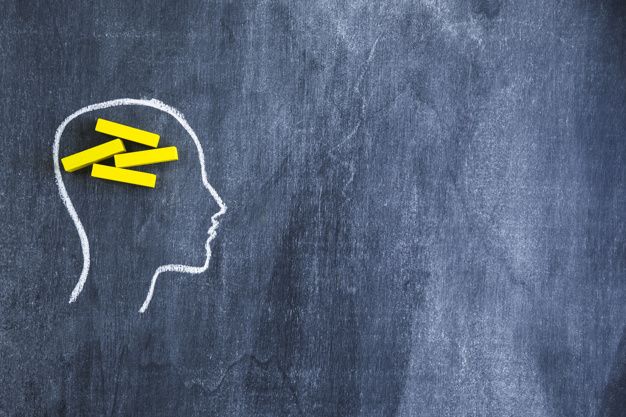
Mental Health and the Holidays: How to Manage the “Holiday Blues”
The holidays can be a festive time for many family members and friends. However, many individuals are not so happy during these celebrations. According to a National Alliance on Mental Illness (NAMI) survey, 24 percent of respondents reported that the holidays make their mental health condition “a lot” worse, and 40 percent indicated “somewhat” worse. For people who suffer from a mental health condition, this time of year can be debilitating.
Causes of Mental Health Problems During the Holidays
The holiday season can be tough for anyone. The demands of gift-giving, decorating, planning meals, and anticipating family guests can lead to high expectations. The holiday blues often stem from fatigue, sadness, and loneliness emerging when aspects of the holiday do not meet our expectations. Also, people living in an area experiencing surges in COVID-19 cases may have heightened frustration. Virtually no one is immune to the holiday blues and their potential mental health effects.
Having the “holiday blues” is not the same thing as suffering from mental illness. Unlike symptoms of depression and other psychological conditions, the holiday blues usually disappear on their own. However, the holiday blues can lead to short-term mental health problems. Unfortunately, with the stress of the season, it can be difficult to recognize when you might be feeling more than just “blue.”
The holiday blues can exacerbate the symptoms of some mental illnesses. For example, holiday-related stress or sadness can increase delusions and hallucinations in schizophrenia and can trigger depressive and manic episodes among people with bipolar disorder. Although mental health issues can get more severe during the holidays, risks for suicide do not necessarily increase. Nevertheless, suicidal ideations are always serious and warrant immediate medical attention.
How to Maintain Mental Health During the Holiday Season
Knowing the difference between typical holiday blues and signs of serious mental health problems is essential. Family and friends can watch for signs of mental health distress in each other. Also, it helps to keep the following tips in mind for reducing holiday-related stress and sadness.
Remember Self-care
Even during the season of giving, remember to put your needs first. Be kind yourself, and do not get down about leaving certain tasks unfinished. If you have a mental health challenge, know your stress triggers and have a plan to cope with them. Also, the holiday season is not a time to neglect your physical health. Try to exercise and maintain healthy eating, even while you indulge in the occasional dessert.
Avoid or Limit Alcohol
Beverages like beer, mulled wine, or adult eggnog can make a party feel more festive. However, alcohol serves as a depressant. When you feel sad or stressed, consider abstaining from adult beverages, which could make you feel worse.
Keep Holiday Expectations Realistic
It can be tempting to develop expectations based on holiday movies and TV specials, no matter how unrealistic they are. Also, relying on happy memories to relive certain moments could leave you feeling disappointed. Instead of focusing on the past, attend to the moment and create new memories. Be patient, and when you don’t find the perfect gift or people do not follow through on commitments, don’t let it get you down.
Take Safety Precautions
Although almost 74 percent of people in the U.S. have had at least one COVID-19 vaccination, COVID surges still threaten public health in some communities. If it helps you reduce your stress, take the right safety precautions for your household. Whether asking food preparers to wear masks or seating dinner guests apart, communicate your requests early and clearly. The Centers for Disease Control and Prevention (CDC) has guidelines for enjoying a safe holiday.
Have a Plan for Stressful Moments
Although your mental health might be stable, you can still plan for times that try your mood. Having a strategy for handling stressful moments can have a calming effect, even if you end up not needing it. This plan can include responses for specific triggers, safe places for retreat, or supportive people to call or text.
Have Support Resources on Hand
Even before trigger events occur, it is a good idea to share your concerns with a therapist. In advance of signs of loneliness, do an online search to find local groups or events for companionship or support. For times of crisis, the National Suicide Prevention Lifeline is 800-273-8255. You can also text 741-741 to NAMI or call 800-950-6264 to talk to a trained counselor free of charge.
Research and materials for this article were compiled, written, and distributed on behalf of the National Public Health Information Coalition. The views and opinions expressed in this blog are those of the various authors and do not necessarily reflect the official policy or position of the National Public Health Information Coalition or its members.
References

